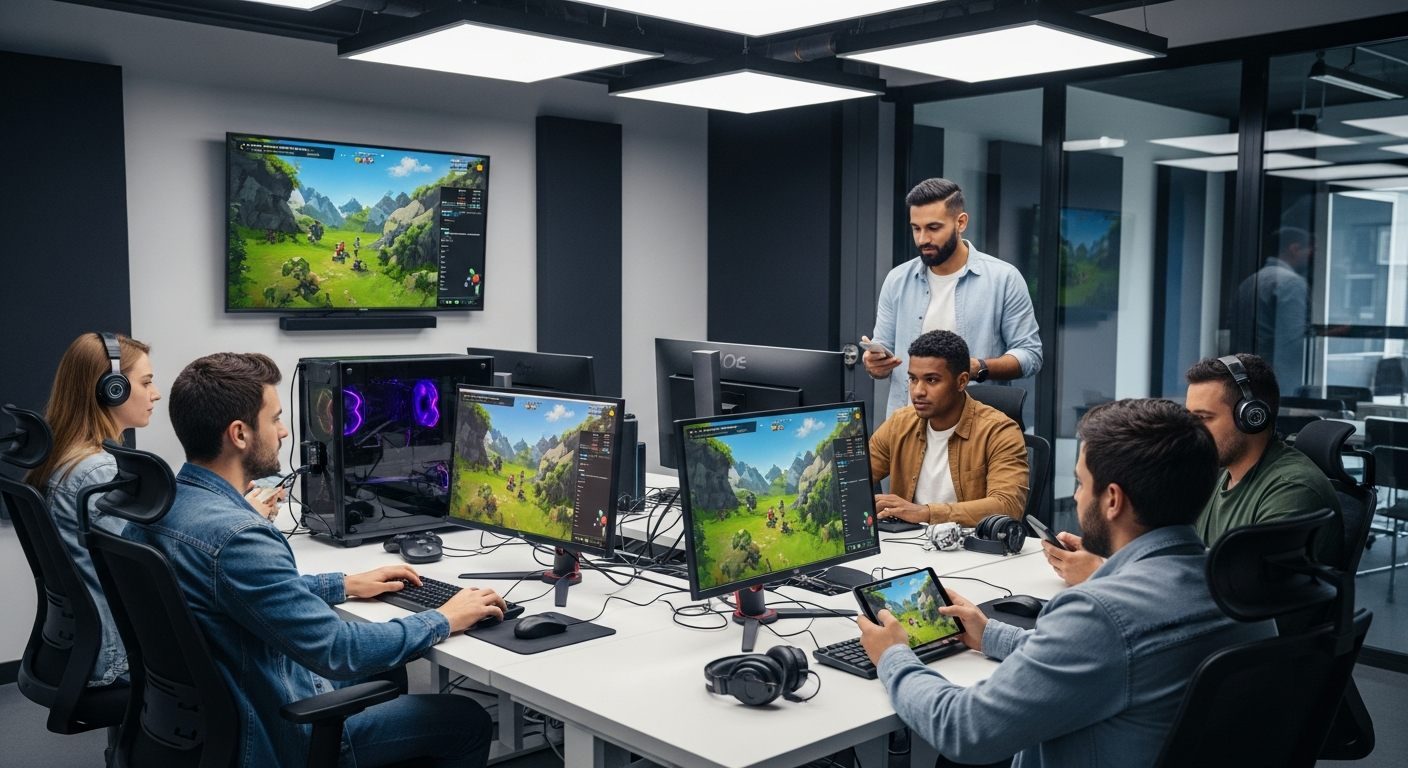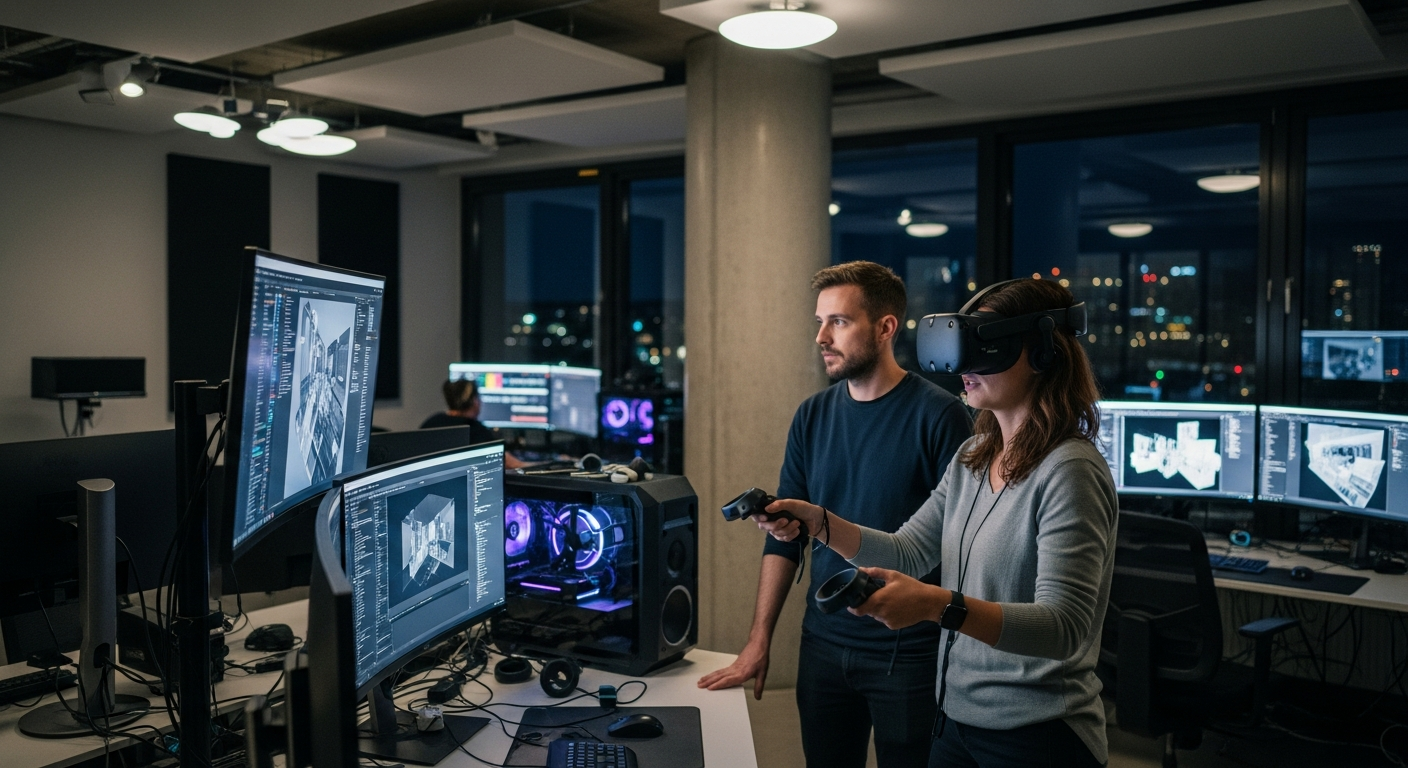A Deeper Analysis into the Postmodern Phenomenon of Neotribalism
Neotribalism, a sociocultural phenomenon that has been slowly blossoming in the modern era, is a concept that attempts to reconcile the human need for individuality with our desire for community. Read below to journey into the depths of this fascinating trend.

History of Neotribalism: A Prelude
Neotribalism, a term popularized by French sociologist Michel Maffesoli, harkens back to the tribal systems of old, suggesting that humans are fundamentally inclined towards forming tribes. However, the tribes of today, unlike their ancestral counterparts, are not bound by geography or blood ties. Instead, they are formed around shared interests, passions, and lifestyles, convening in both physical and digital spaces.
The Rise of Neotribes in Modern Society
In an era marked by globalization and digitization, the appeal of neotribalism is understandable. As society becomes increasingly interconnected, individuals are confronted with a deluge of information, ideas, and cultures. Amid this overwhelming diversity, neotribes offer a sense of belonging and identity, providing a refuge where individuals can connect with like-minded peers. Neotribes, therefore, have become integral in shaping cultural narratives in the 21st century.
Decoding the Appeal of Neotribalism
Neotribalism offers a unique blend of individuality and communal belonging. In the age of the internet, individuals can easily find a tribe that aligns with their interests, ideologies, or identities. These tribes offer members a sense of belonging, validation, and support, all while allowing them to retain their individuality. This delicate balance is at the heart of neotribalism’s allure.
The Impact of Neotribalism on Society
Neotribalism, while fostering a sense of community, also has its pitfalls. It can lead to insularity, with tribes becoming echo chambers that reinforce existing beliefs and stifle dissent. This can perpetuate division and intolerance in society. However, neotribalism can also drive social change by mobilizing communities around shared causes. The challenge lies in leveraging the positive aspects of neotribalism while mitigating its potential downsides.
Neotribalism: The Road Ahead
As we move further into the digital age, the influence of neotribalism is likely to grow. While it is crucial to be mindful of its potential pitfalls, neotribalism presents an intriguing model for community-building in the postmodern era. It reflects a fundamental human need for belonging and offers a lens through which we can understand the complex social dynamics of the 21st century.
In the end, neotribalism, like any sociocultural phenomenon, is a mirror held up to society. It reflects our evolving notions of identity, community, and belonging. As we navigate the uncharted waters of the digital age, understanding the dynamics of neotribalism can provide valuable insights into the undercurrents shaping our societal landscapes.






